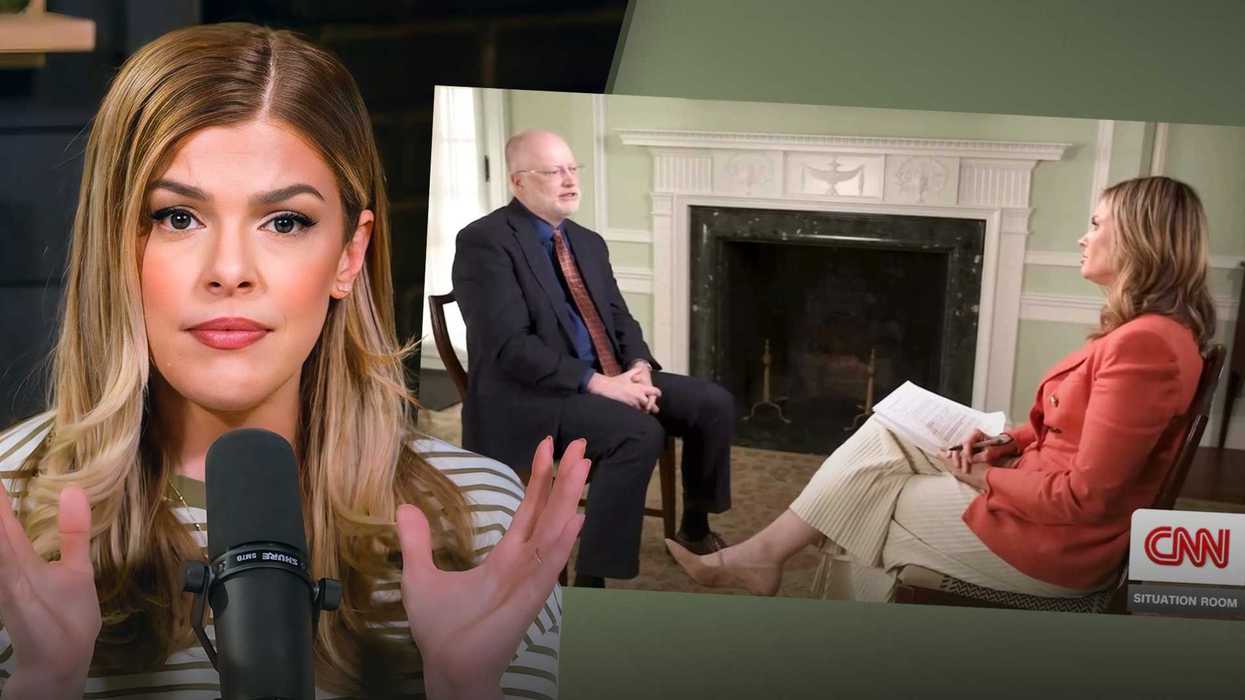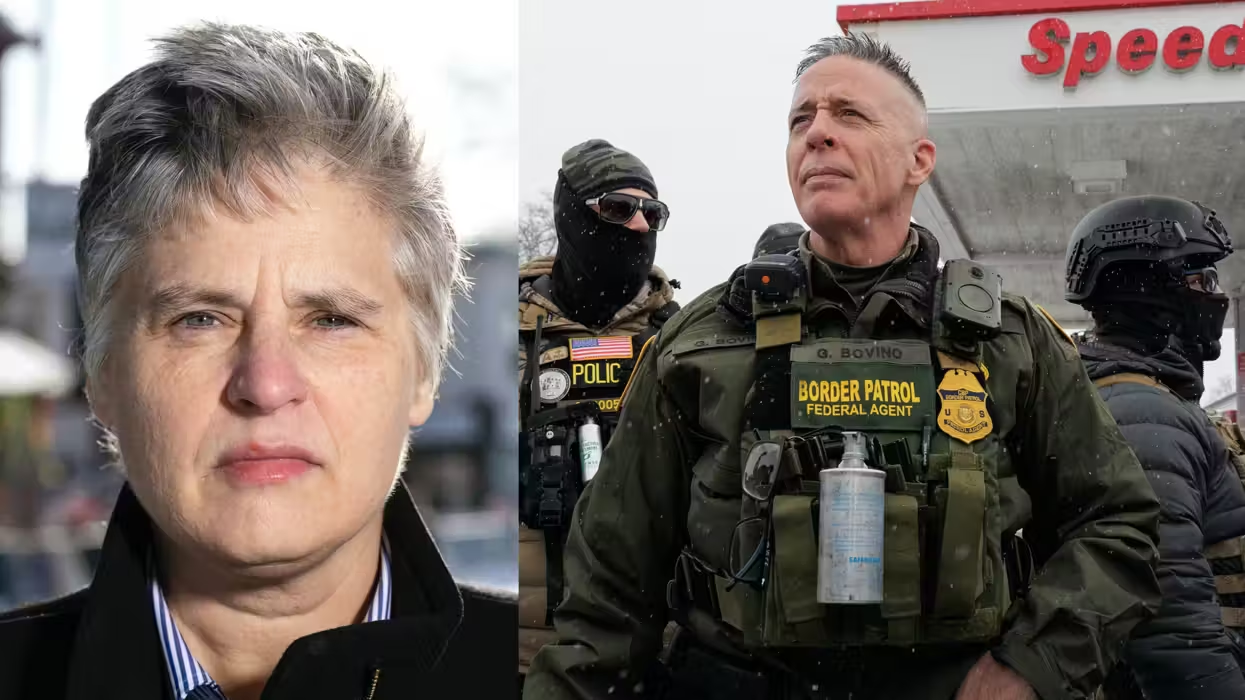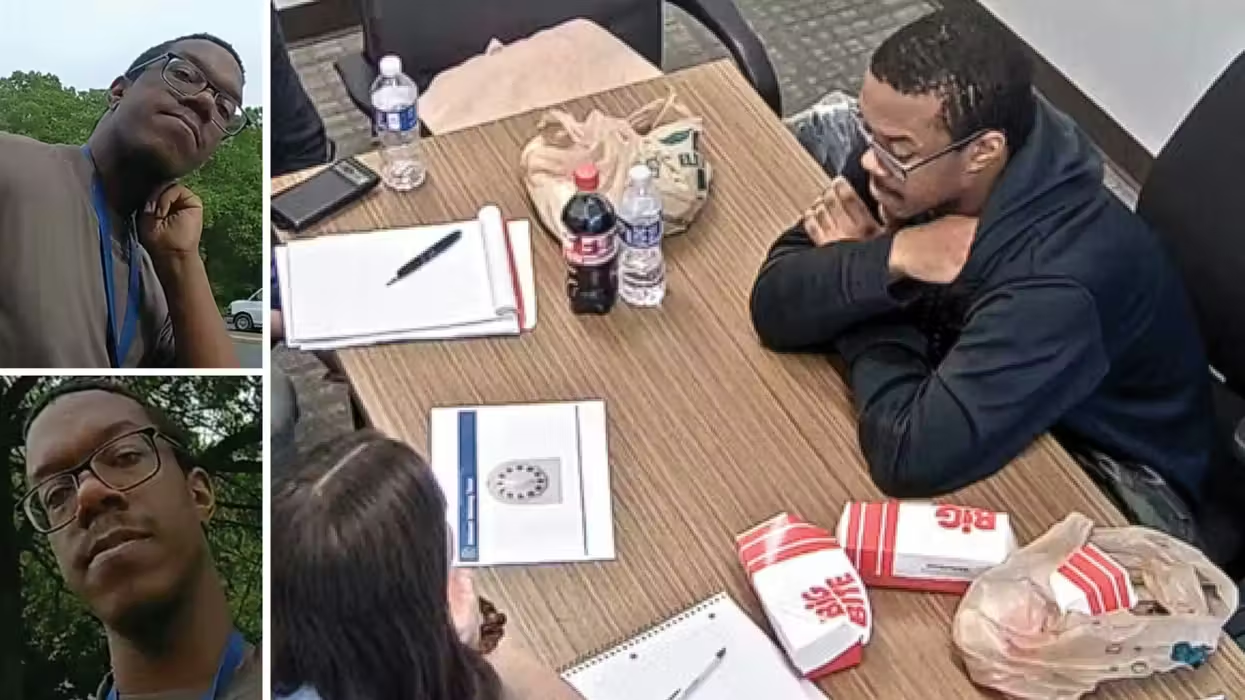 Traffic exiting George Washington Bridge during morning commute into Manhattan Nov. 1, 2012. (Photo: STAN HONDA/AFP/Getty Images)
Traffic exiting George Washington Bridge during morning commute into Manhattan Nov. 1, 2012. (Photo: STAN HONDA/AFP/Getty Images)
The New York Police Department last year unveiled its partnership with Microsoft to launch its Domain System Awareness counterterrorism program, but exactly what this program entails has been slowly emerging since. At a budget hearing this week, for example, a plan to install license plate readers to pick up on all traffic entering Manhattan was revealed.
The Huffington Post reported NYPD Commissioner Raymond Kelly saying the "major project" would be rolled out on bridges that don't already have the technology this summer. License plate information picked up the scanners and the date is sent to and stored in a database.
It is unclear how much this project specifically will cost, but the Domain System Awareness infrastructure, which connects the city's 3,000 CCTV cameras, license plate readers, environmental sensors and other law enforcement databases, cost between $30 million-$40 million, according to HuffPost.
Although concerns about this program are more centered around data collection and personal privacy, some in the city have filed a federal lawsuit against the police department saying their civil rights were violated through another, more physical surveillance program.
Thousands of private dwellings are patrolled by city officers under a program known as Operation Clean Halls, which began in the 1990s. The Associated Press reported some residents saying they believe the program is good for them, others, like plaintiff Jaenean Ligon, who said her son was wrongly arrested, feel unsafe "because of the police."
To enroll in the program, a building owner or manager signs paperwork allowing police to enter and arrest people found to be committing crimes.
Edifices citywide are dotted with small white square signs alerting residents that their homes are patrolled by police. Some are huge complexes, others are small brownstones. Officers have conducted hundreds of thousands of patrols up and down stairwells and even more outside. They catch drug transactions, shoo away loiterers and break up fights, residents say.
Ligon's lawsuit is one of three pending federal cases that involve the New York Police Department's stop, question and frisk practice.
On Thursday, the NCYLU announced that the city would likely log its 5 millionth stop-and-frisk encounter. The NCYLU stated that 88 percent of the stop-and-frisks were of innocent people and 86 percent of them were of black or Latino people.
 (Image: NCYLU)
(Image: NCYLU)
“This disturbing milestone is a slap in the face to New Yorkers who cherish the right to walk down the street without being interrogated or even thrown up against the wall by the police,” NYCLU Executive Director Donna Lieberman said in a statement. “The NYPD’s routine abuse of stop-and-frisks is a tremendous waste of police resources, it sows mistrust between officers and the communities they serve, and it routinely violates fundamental rights. A walk to the subway, corner deli or school should not carry the assumption that you will be confronted by police, but that’s the disturbing reality for young men of color in New York City.”
The lead attorney on the Clean Halls lawsuit, Alexis Karteron, said the "aggressive assault" on residents' rights must be stopped.
"What comes from the Operation Clean Halls case is going to result in a major step toward dismantling the NYPD's out of control stop and frisk practices," she said.
U.S. District Court Judge Shira Scheindlin ruled this year that changes to the program must be made, but she reserved judgment on what those changes will be until the other stop and frisk cases are heard.
--
Related:
The Associated Press contributed to this report.

 Traffic exiting George Washington Bridge during morning commute into Manhattan Nov. 1, 2012. (Photo: STAN HONDA/AFP/Getty Images)
Traffic exiting George Washington Bridge during morning commute into Manhattan Nov. 1, 2012. (Photo: STAN HONDA/AFP/Getty Images)






